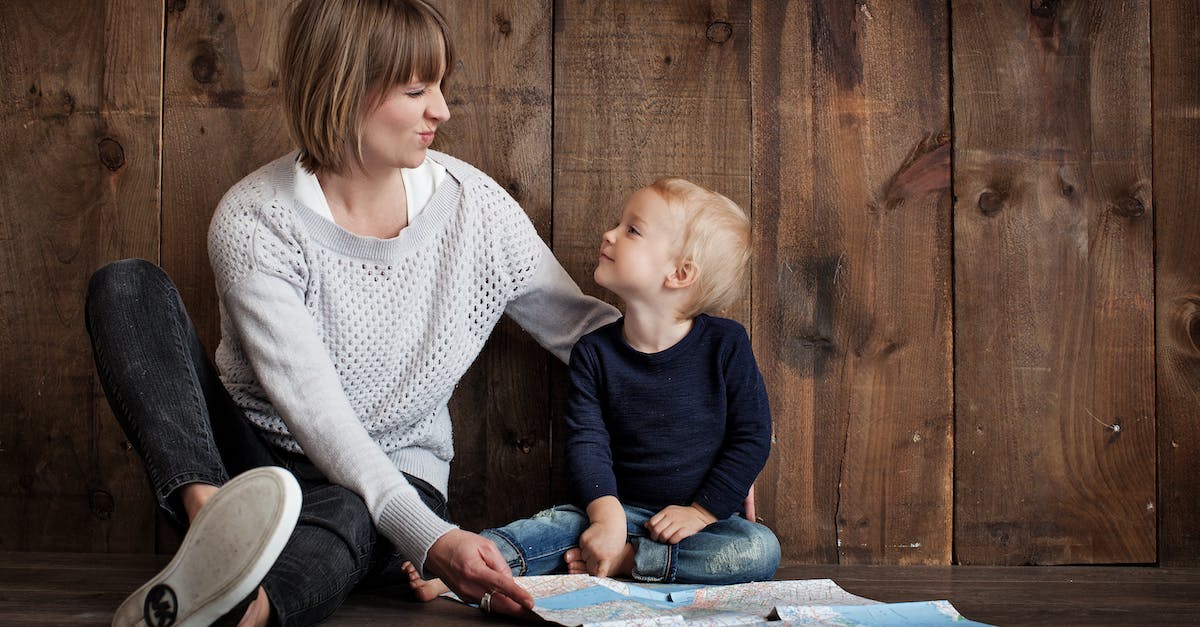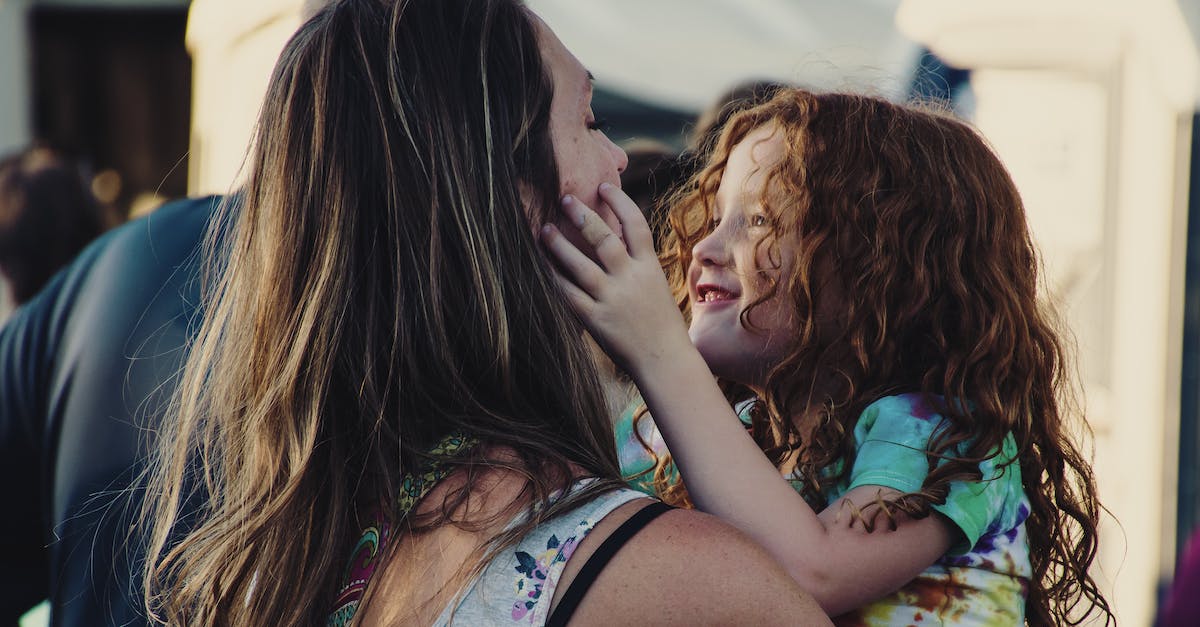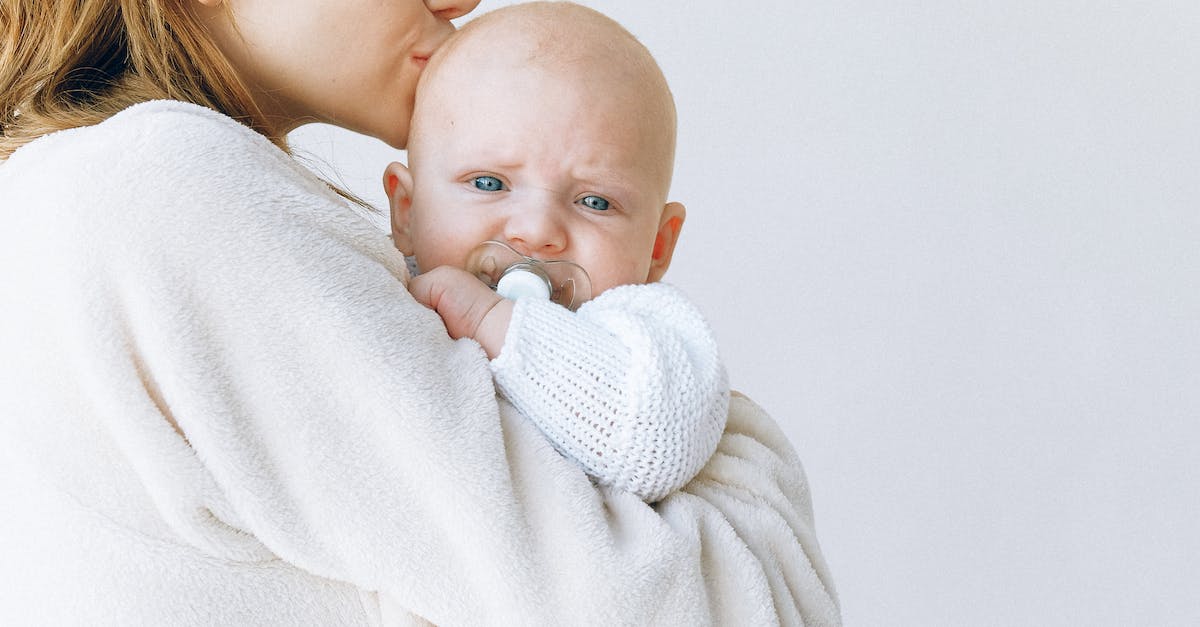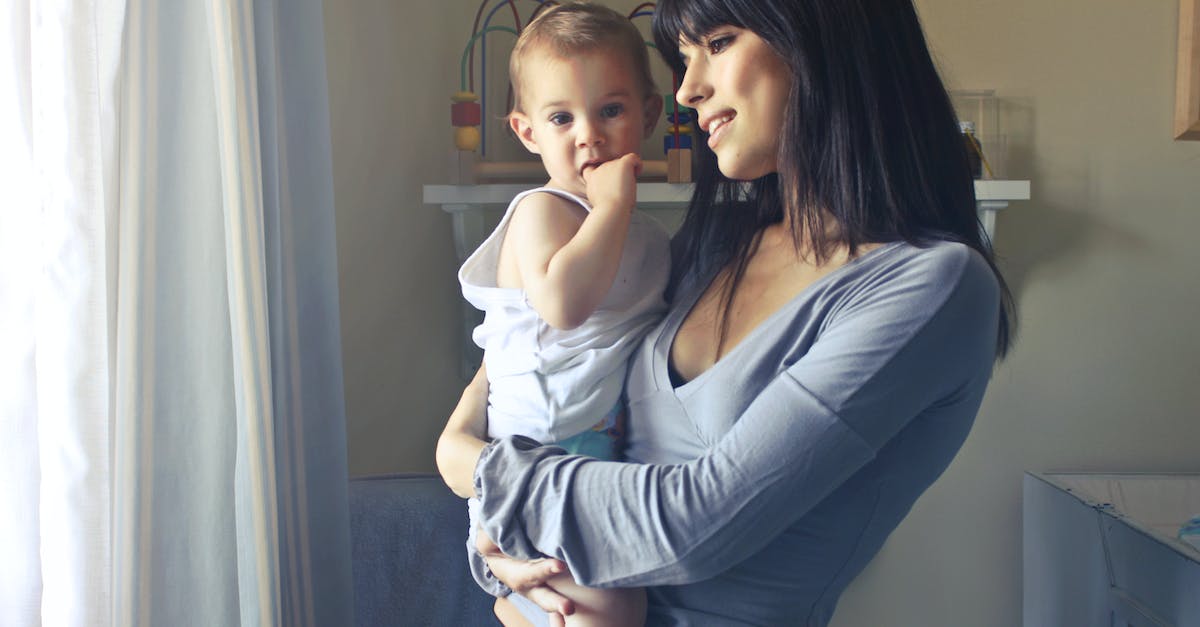As parents, we all want our children to grow up to be happy, healthy, and successful. We want them to develop good habits that will help them succeed in life. But how do you ensure your child develops the right habits?
Well, it all starts with setting a good example. Show them the importance of living a healthy lifestyle and taking care of themselves. Set boundaries and be consistent with enforcing them. And, most importantly, be patient and understanding when it comes to teaching them how to make the right choices.
But there’s more to it than just setting an example. Take time to talk to your child and encourage them to think about their actions and the consequences they may have. Praise them when they do something right and provide positive reinforcement.
Finally, make sure to have fun with it. Doing fun activities together can help your child learn the value of good habits without having to be told or made to do something. Play games that will teach them about decision-making and responsibility. Read books that promote healthy habits. And don’t forget to reward them for their hard work and dedication.
It can be hard work to help your child develop good habits, but it’s worth it in the end. With a little patience and understanding, you can help your child build a foundation for a lifetime of success.
Establishing a Routine

You know how it goes – your child wakes up, you rush around getting them ready for school and daycare, then you have to remember their after-school activities and finish the day with homework and bedtime. Having a routine helps your child develop good habits. Here’s how:
- Set Expectations – When you have a routine in place, it’s much easier to set expectations for your child. Let them know what you expect from them and make sure they understand the rules.
- Create Structure – A routine can help you create structure in your day. Having a well-thought-out schedule for school, activities, and bedtime helps keep your child focused and on track.
- Encourage Responsibility – With a routine in place, your child can learn to take responsibility for their own tasks. If they know what needs to be done and when they can start to take ownership of their own responsibilities.
- Encourage Self-Discipline – Establishing a routine can help your child learn self-discipline. They will learn to stick to their schedule and follow through with their tasks.
- Promote Independence – Having a routine in place can help your child become more independent. When they know what to expect and how to act, they can start to make decisions for themselves.
Creating a routine for your child may seem like a daunting task. But the rewards far outweigh the effort. Not only will your child develop good habits, but it can also help create a sense of security and stability.
Setting Boundaries

Do you want your child to develop good habits? It’s important to set boundaries in order to help them learn and grow. Here are a few tips to get you started:
- Be consistent. Establishing and sticking to a set of rules is key to helping your child develop good habits. It’s important to keep expectations consistent, so they can understand what is expected of them.
- Give consequences. If your child is not following the rules, it’s important to give them consequences. This will help them understand that there are consequences for their actions, which can help them develop good habits and make better choices.
- Be firm but fair. You don’t want to be too strict with your child, but you do want to be firm. Make sure you are consistent with your expectations and consequences so that your child knows what to expect and can learn from their mistakes.
- Be an example. If you want your child to develop good habits, it’s important to be a good role model. Make sure you are living by the same standards you expect from them, so they can learn from your example.
- Talk it out. When it comes to setting boundaries and expectations, it’s important to talk to your child. This will help them understand why you are setting boundaries and help them develop good habits.
Setting boundaries is an important part of helping your child develop good habits. Be consistent, give consequences, be firm but fair, be an example, and talk it out. These tips can help you get started on the right foot and help your child develop good habits.
Positive Reinforcement

As a parent, seeing your child develop good habits is an incredibly rewarding experience. But how do you make sure they stick with them? Positive reinforcement is one of the best ways to encourage your child to keep up with their new habits.
It’s important to recognize and praise your child for making progress and for good behavior. This could be done through a simple “good job!” or a special reward. A reward could be a hug, a treat, or a special activity that your child enjoys.
Humor is also a great way to positively reinforce good behavior. Making a funny comment, like “I’m so proud of you for brushing your teeth every day!” or “You are doing a great job taking out the trash!” can make your child feel appreciated and encourages them to keep up the good work.
The key is to be consistent with your positive reinforcement. Whenever you see your child making progress or doing something good, make sure to recognize and reward them. Doing this will help your child develop positive habits and make them feel proud and confident.
Setting Realistic Rules

You want your child to develop good habits, but you also want them to have fun and learn how to be responsible. Setting realistic rules is the perfect balance between the two!
Let Them Help Make the Rules
Involve your child in the decision-making process. Ask them what rules they think should be in place and why. This will help them understand why rules are important and will help them take ownership of the rules.
Be Clear and Consistent
Be sure to communicate your expectations to your child in a clear and consistent manner. If you have a rule that your child cannot stay up past 9 pm, make sure you are enforcing it every night. Consistency is key!
Use Positive Reinforcement
Positive reinforcement is a great way to help your child develop good habits. Give your child praise and rewards when they follow the rules. This will help them learn that following the rules is something that is beneficial.
Be Flexible
It’s important to remember that your child is still learning. Be flexible and understanding when it comes to rules. There may be times when it’s ok to bend the rules a bit, but it’s important to be firm when it comes to the safety and well-being of your child.
Modeling Good Habits

As a parent, it’s your job to set an example for your child – and that includes setting a good example when it comes to developing good habits. After all, kids learn by example, and if you’re not modeling the behavior you want them to learn, it’s unlikely they will learn it. Here are some tips for modeling good habits to your child:
- Be a role model. Lead by example and show your child that good habits are important. Show them that you’re committed to your own good habits and that you practice them daily.
- Be consistent. Consistency is key when you’re teaching your child about good habits. If you want them to practice good behavior, make sure you are consistent with your expectations and follow through on any consequences.
- Be patient. Habits take time to develop, and it’s important to be patient with your child as they learn. Understand that it may take a few tries for them to get it right, and provide positive reinforcement when they do.
- Make it fun. Habits can be boring and tedious, so try to make the process of learning and practicing good habits fun and engaging. Make it a game, or find creative ways to reward them for their efforts.
- Be positive. Staying positive and encouraging your child to practice good habits will help them to stay motivated and on track. Focus on their successes rather than their failures, and be sure to give plenty of praise.
By modeling good habits yourself and following these tips, you can help your child develop good habits that will serve them well throughout their life.
Creating a Reward System

Encouraging your child to develop good habits? That’s a tall order! But don’t worry, it’s not impossible. One of the best ways to get your child on the right track is to implement a reward system.
Reward systems are a great way to show your child that you recognize and appreciate their hard work and good behavior. Here are some tips for creating a reward system that will help your child develop good habits:
- Set realistic goals. Be sure to set goals that are attainable for your child. For example, if you want your child to make their bed every day, start by setting a goal of making their bed three days a week.
- Make it fun! Find ways to make the reward system fun for your child. Maybe they get to pick a treat from the store, or maybe you can play a game together.
- Be consistent. It’s important to stay consistent with your reward system. Whenever your child meets their goal, make sure they get their reward.
- Be creative. It’s ok to get creative with your rewards. Instead of giving your child something physical, perhaps you can reward them with extra screen time or a special outing.
- Make it a team effort. Encourage your child to come up with ideas for their rewards and make sure they understand that you are working together to achieve their goals.
- Be encouraging. Above all, be sure to give your child plenty of encouragement. Let them know how proud you are of their efforts and how much you appreciate them.
Creating a reward system is a great way to help your child develop good habits. With your support and encouragement, your child can learn how to be successful and proud of their accomplishments.
Addressing Problematic Habits

It’s inevitable that your child will pick up some habits that you don’t want them to have, like slouching or talking back. But don’t worry! You can help your child develop good habits by addressing the bad ones.
- Start the conversation. Talk to your child about why their habit bothers you and why it’s important to replace it with a better one. Be clear and concise, and make sure they know you’re not being critical – you just want to help them out.
- Set a positive example. Show your child how to replace their bad habit with a positive one. For example, if they are slouching, try sitting up straight and having them mimic you.
- Encourage them. Praise your child when they do something the right way, and let them know that you’re proud of them.
- Provide incentives. You can reward your child for replacing bad habits with good ones. This could mean a special treat for a job well done, or a fun activity for them to look forward to.
- Set boundaries. Make sure your child knows that you won’t tolerate certain behaviors and that there are consequences if they don’t follow the rules.
- Be consistent. Keep up the positive reinforcement, and be consistent in your expectations. It may take some time before you see results, but eventually, your child will start to form good habits.
- Be patient. It can be hard to break a habit, so be patient with your child and work together to find solutions.
Involving the Child in the Process

It’s important to involve your child in the process of developing good habits. After all, it’s their life, and it’s their habits that will shape the future. So how can you involve them?
Talk to Them
Take the time to talk to your child about why it’s important to develop good habits. Explain to them that good habits will help them to be successful in life.
Set a Good Example
Show your child that you are serious about developing good habits by setting a good example. If you want your child to wake up early, then make sure you wake up early too. If you want your child to eat healthy food, then make sure you eat healthy food as well.
Be Positive
When it comes to developing good habits, it’s important to be encouraging and positive with your child. Try to emphasize the rewards of having good habits rather than punishing them for not having them.
Create a Plan Together
Sit down with your child and come up with a plan together for developing good habits. Work with them to set realistic goals and create a timeline for achieving those goals.
Reward Good Habits
When your child follows through on their plan, make sure to reward their efforts. This could be something as simple as a special treat or an extra hour of screen time.
Be Patient
Remember that developing good habits takes time and patience. Don’t be too hard on your child if they don’t succeed right away. Instead, work together to come up with strategies for overcoming any obstacles they may face.
Involve the Whole Family
Habits are often easier to keep when you have the support of the whole family. Encourage your family to get involved in helping your child develop good habits.
Conclusion
What a journey it has been helping your child develop good habits! From the very first day of trying out a morning routine to the day they finally mastered a new skill, you have been there every step of the way.
You can be proud of all the hard work you have put in to help your child grow and learn. Now, with all the good habits in place, your child is ready to take on the world!
It is an incredible feeling to see your child succeed, and you should be proud of all the effort you have put in to get them there. The journey of helping your child develop good habits has been rewarding and challenging, but it has been worth it in the end.
So take a deep breath and pat yourself on the back. You have done an incredible job helping your child develop good habits, and you should be proud of all the progress you have made.
Congratulations!
Reference:
https://www.verywellfamily.com/help-your-child-develop-good-habits-1095094





